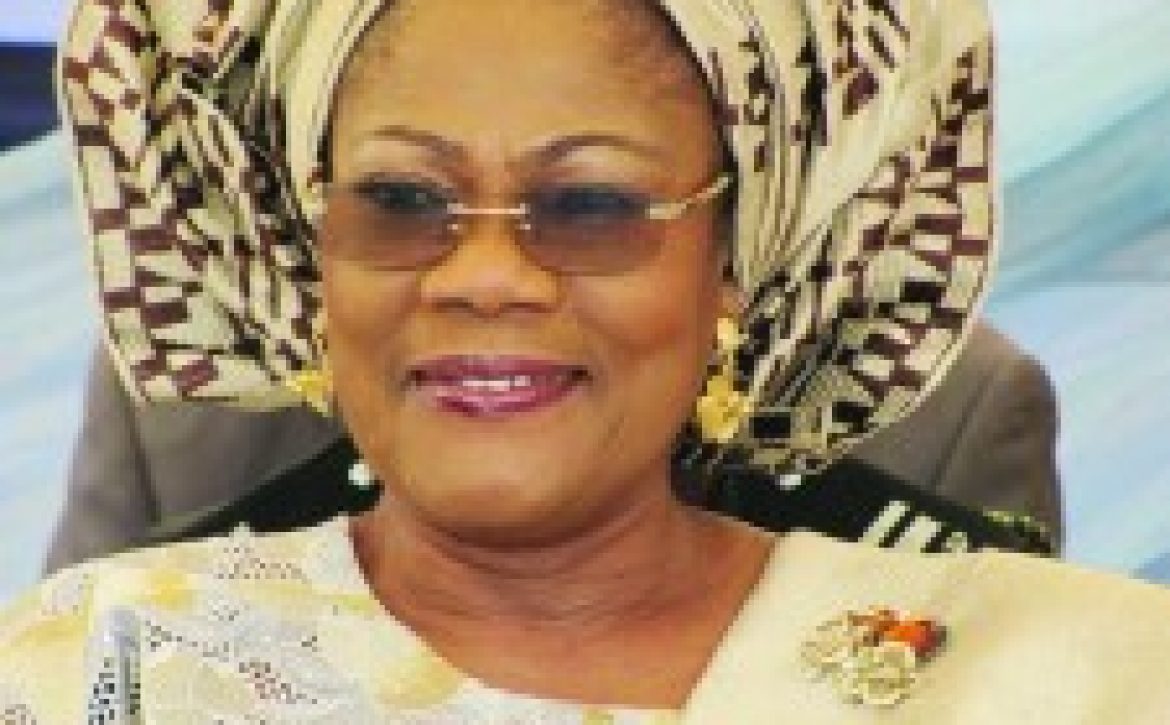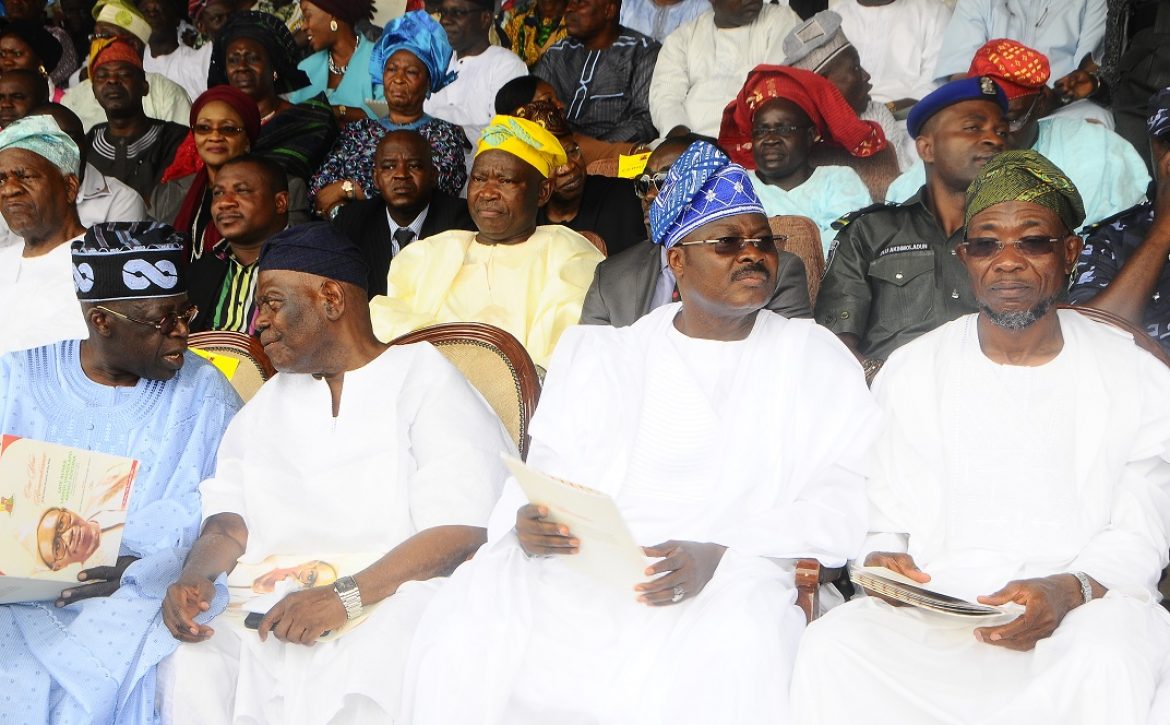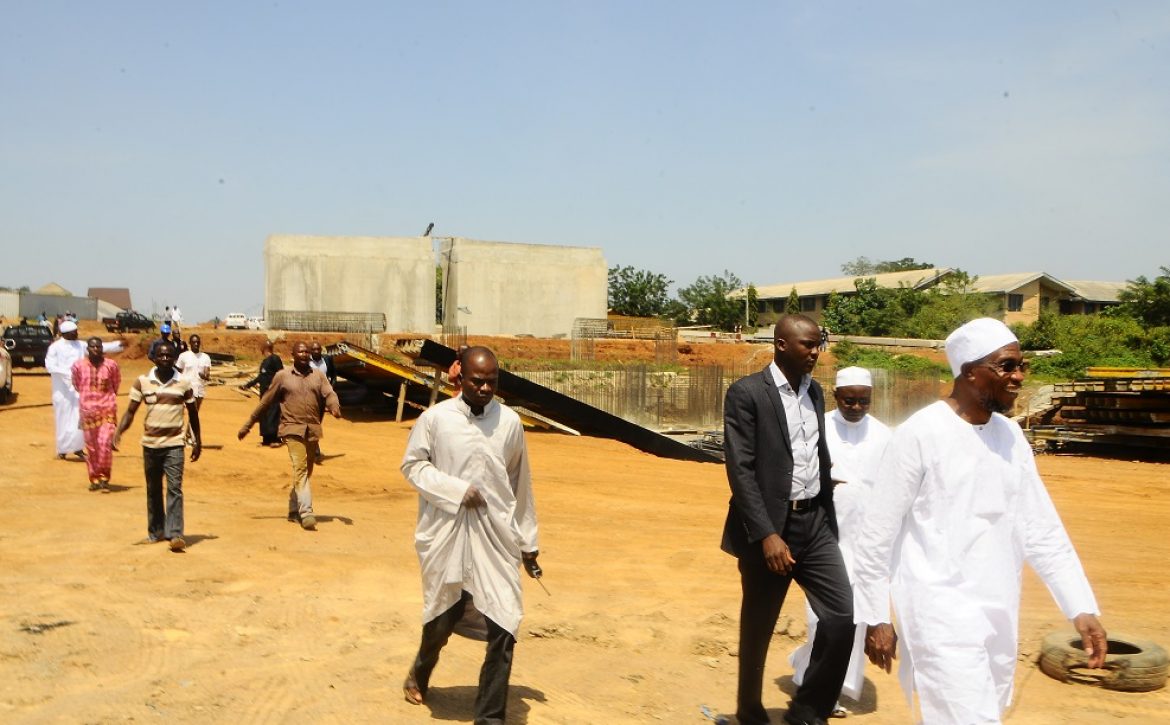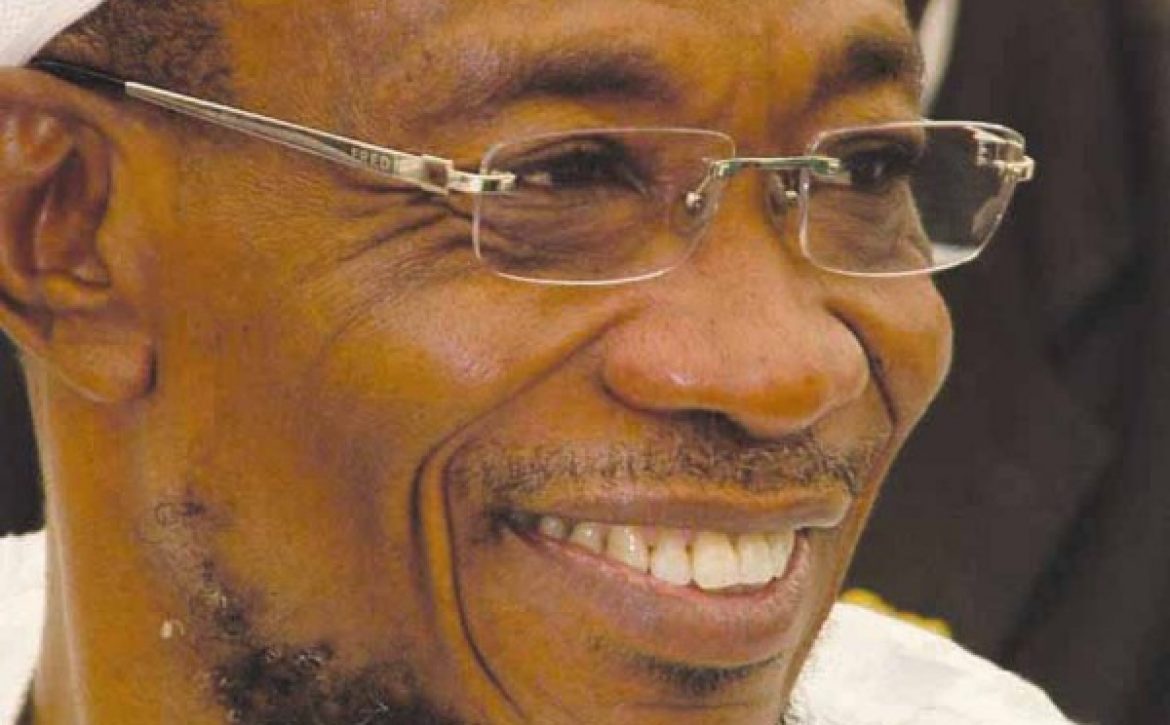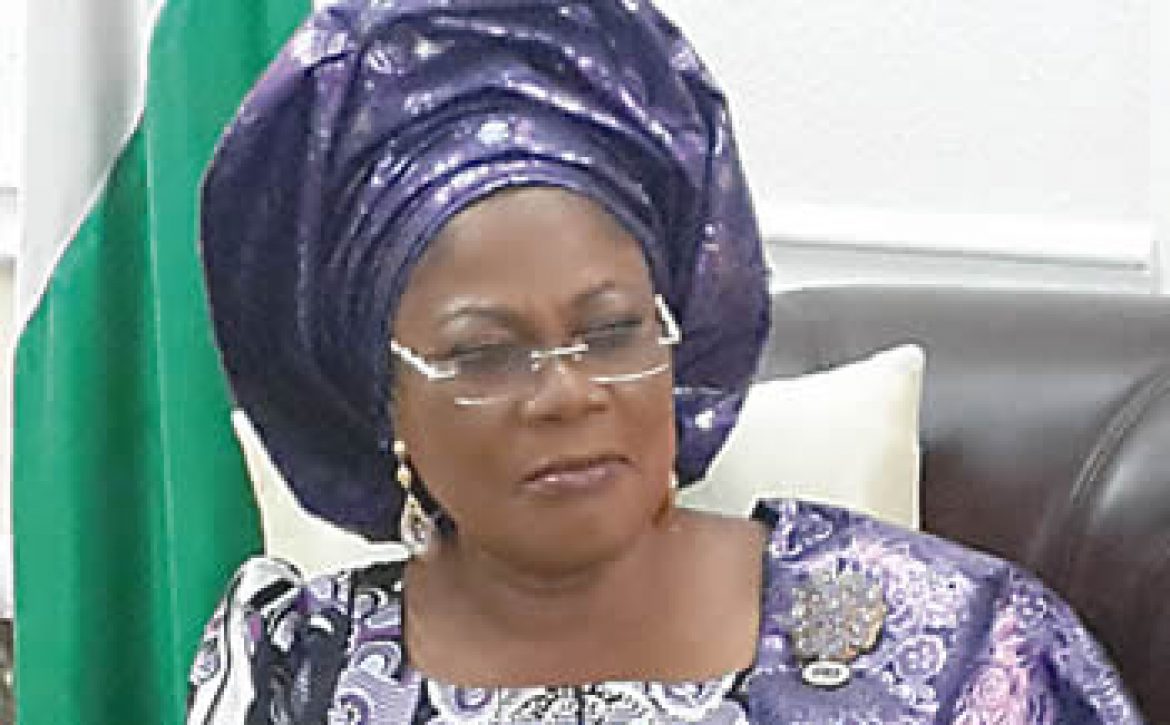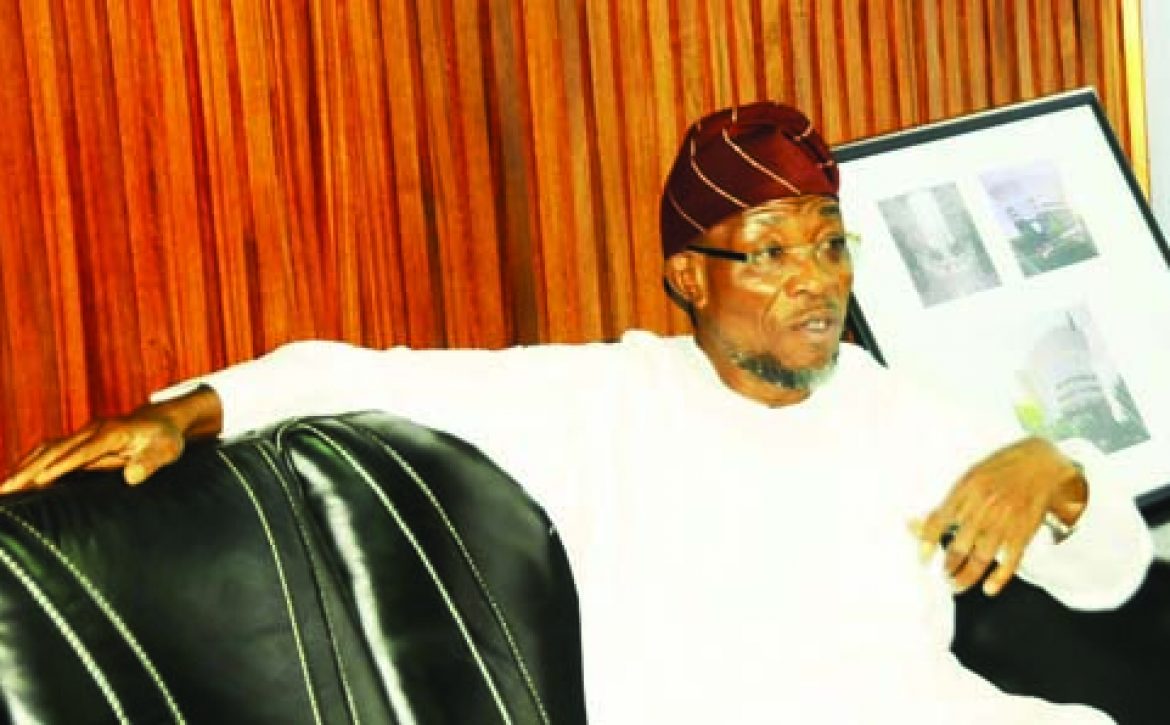
The State of Osun has indeed seen a turn around and has you go round the state, you see the level of work and how people express happiness in all the nooks and crannies of the state on the performance of the current All Progressives Congress administration of Ogbeni Rauf Aregbesola. The results speak for itself.
Chief Obafemi Awolowo once ruled and made education a priority and looking round the defunct Western States, the crop of academics; intelligentsia and the people who gave the civil service credit were from the State of Osun. This gave confidence to other parts of the country which made them believe that the Western Region have nothing to worry about because it had everything it needed to grow.
Within the committee of other regions, namely Northern, Eastern, Mid-Western and Western Regions, it was education that gave the Western Region the lead, it gave her an edge over other regions. But when the corrupt politicians came in, they turned the clock backward, making it a place where anything goes. We had to say enough is enough. This is part of the things that led to educational restructuring by Aregbesola’s administration who went about putting the right structures in place. It had to start from the foundation, the primary school level where we can nurture them into dynamic brains. Where you grow up and how you grow up matters.
A child is a product of his environment. We agree that there are exceptionally in-born brilliant ones, but when a brilliant child that has been in school is made to hawk in the morning and go to school when the brain is tired, such a child will not measure up. The current structure in most of the schools are not in any way conducive for nurturing good brains and minds. Thus the need for a consultation by the government of Aregbesola. An educational summit headed by Prof. Wole Soyinka was put in place. The programme was formulated on how education can make a total man, the ‘Omoluabi’, and the resolutions were was made the core focus of this administration.
The current structures in schools were dilapidated which necessitated the rebuilding for the pupils and students. The schools were then categorised into elementary, middle and high schools also providing the students with uniforms. This action by the government has gotten it a lot of commendation, exposure and accolades from local and international bodies like UNESCO, World Bank and others especially for having the courage to restructure education. The garment factory for uniforms has provided jobs for over 3,000 people. This shows how the change in the education sector has empowered not only the students but even the people of the State. Opon Imo (tablets of knowledge) which is also a novel innovation by the present administration is being applauded all over the world and has attracted several local and international awards
Aregbesola has been at the helms of affairs for just 30 months and yet, with so much achievements to show for this. The blind can see and the deaf can hear about the level of changes Aregbesola has brought to Osun. You don’t need to tell them that the market has ended, so says an adage. What Aregbesola has done has done in Osun has endeared him to the populace and would earn him a second term in office. By way of comparison, what Aregbesola has done in 30 months has outweighed the achievement of his predecessor who ruled for 90 months.
When the late sage, Chief Obafemi Awolowo started free education, they criticised him. But the system has produced the best Professors, Engineers and what have you in this country. They are all old men now, but they got education through Awolowo’s policy. The long effect of returning education back to its lost glory in Western Nigeria is what Aregbesola has started.
When Aregbesola came in, N18.38 billion was borrowed by the PDP led administration of Oyinlola and shared as booties. But Aregbesola came and stopped all financial recklessness. He recovered the money, re-arranged with financial institutions and rescued the situation from an angle of financial re-engineering. Instead of phony projects of stadia development, roads are daily being constructed in every nook and cranny of the state. It is thus surprising that they wonder where Aregbesola is getting money to do all the projects from. They should have asked themselves what they were doing with the money accruing to the state during the seven and a half years that they ruled the state without development.
On the uproar on the reclassification of schools, this has been given it a direction. Those who did not know have realized that they were in error. Conversations and negotiations have gone on with stakeholders at every level and the people are more informed. For 38years now, the government has taken over the schools and has since been responsible for the administration, employment of teachers, payment of salaries, emoluments of teachers and support staff, but only too tolerant to have allowed the names of the schools to continue. Check it, be it Fakunle, Catholic, Anglican, Baptist, you see that no private school has been affected by the reclassification exercise.
On youth empowerment, Aregbesola saw the need and importance to give the Youth something to do and be proud of and this army of unemployed youths can either serve as a threat or pride to the State. He developed a program that as also been adapted by the Federal Government in their YESSO initiative. It takes a visionary leader like Aregbesola to be able to take youths away from the streets and get them engaged. The Nigerian Defence Academy undergraduates in Osun recently, The Coordinating Minister for Economy, who is also the Minister for Finance, Dr. Ngozi Okonjo-Iweala, World Bank operatives were all in Osun to appraise our youth employment programme and from their findings, they disclosed that it has drastically reduced crime in the state and definitely empowered the people.
Aregbesola is not a man who will tell you that the government would do what it doesn’t have the capacity to do. At the town hall meeting in Iwo (Gbagbadekun), where the governor and other political office holders interact with the monarchs and the people at the grassroots, the people of Iwo requested for a university from the governor. He told them that his administration has no capacity to build a university for them as what he could do was to restructure and put the primary and secondary school education on solid footings. He further enjoined them to work in tandem with Bowen University in the town to make it grow and develop.
The same happened in Ile-Ife where the monarch endorsed Aregbesola’s educational policy and reminded him that people scolded and criticised Awolowo; but when the success reached its peak, they all identified with him. Aregbesola is progressive and all that interests him is anything that would bring progress and development to Osun.
All the above point to the fact that Aregbesola would be re-elected for a second term in office by the good people of the State of Osun. The APC led Government of Ogbeni Rauf Aregbesola has done so much, it has fulfilled its promises to the people the people will give their mandate again. Governor Aregbesola is not perturbed. He is as solid as the rock of Gibraltar. Osun 2014? There is no shaking.
The State of Osun is for everyone, the opposition should also come closer, they should come on board and participate in the positive development of our dear state so that present and future generations would continue to remember them for good.
Adapted from Barrister Kunle Oyatomi’s interview with DAILY NEWSWATCH


